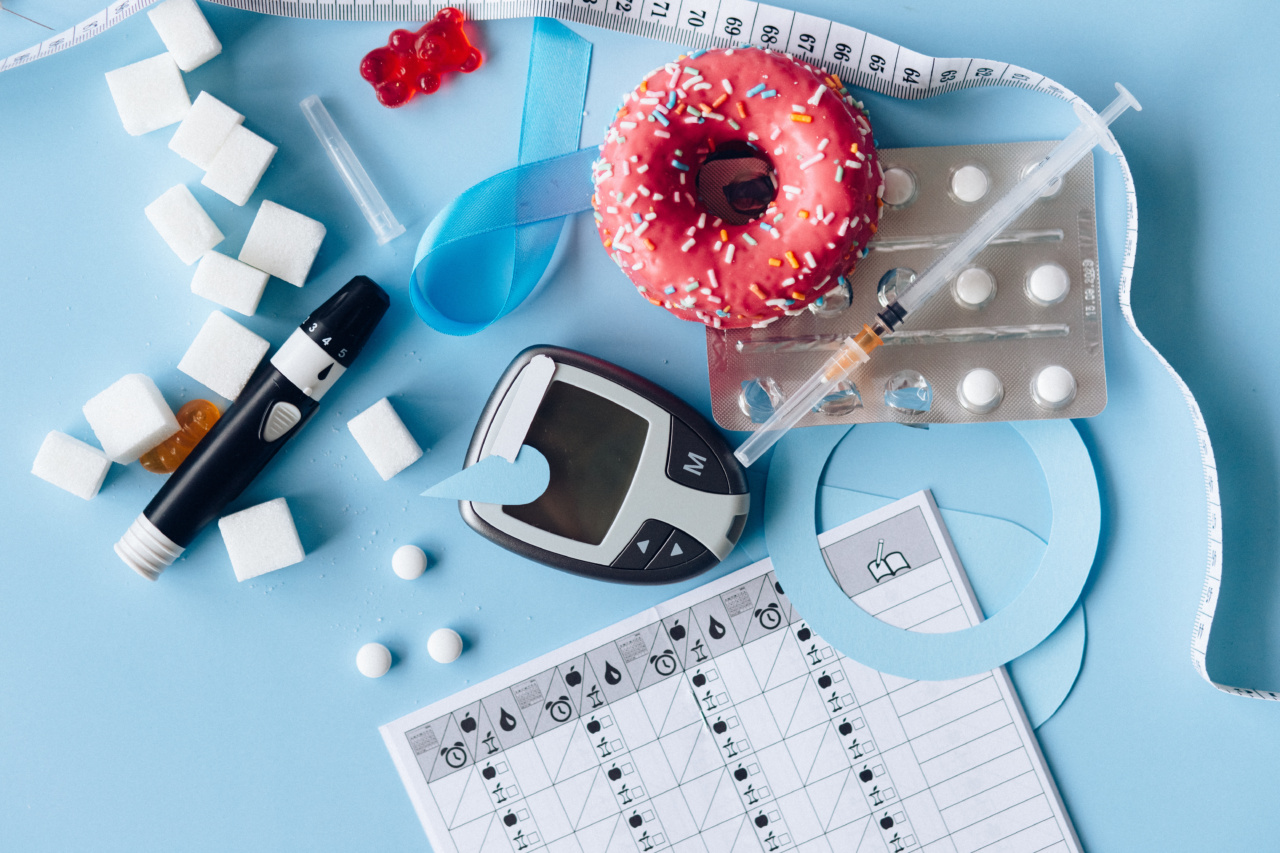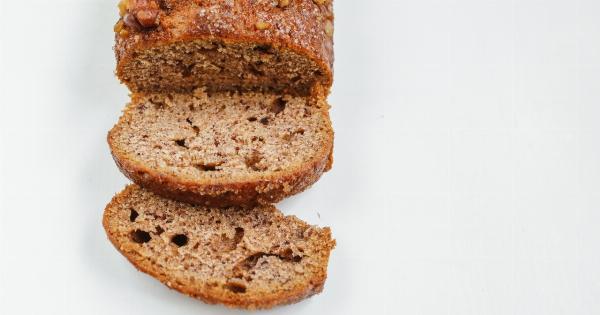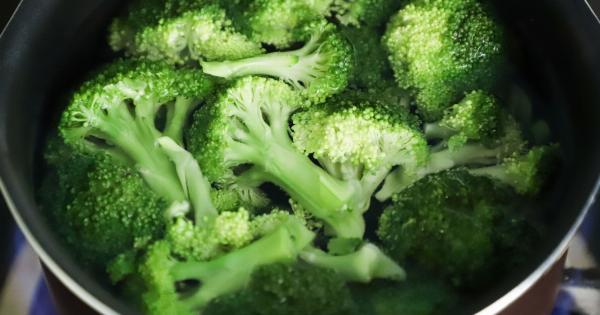Diabetes and its treatment can have a significant impact on various bodily systems, including the digestive system. Bile is an important component of digestion, produced by the liver and stored in the gallbladder.
It aids in the breakdown and absorption of fats from the diet. However, certain anti-diabetic medications can interfere with bile production and its flow, leading to complications. This article will explore the complications that can arise from the interaction between bile and anti-diabetic medications.
Role of Bile in Digestion
Bile is a greenish-yellow fluid produced by the liver and stored in the gallbladder. It plays a crucial role in the digestion and absorption of fats. When we consume foods containing fat, the gallbladder releases bile into the small intestine.
Bile helps emulsify fats, breaking them down into smaller droplets, which allows the enzymes present in the small intestine to efficiently digest and absorb them.
Bile Duct Complications
Some anti-diabetic medications, particularly certain types of thiazolidinediones, have been associated with an increased risk of bile duct complications.
Thiazolidinediones are a class of oral medications used to improve insulin sensitivity and lower blood sugar levels in individuals with type 2 diabetes.
Studies have shown that thiazolidinediones can cause cholestasis, a condition characterized by the reduced flow of bile.
Cholestasis occurs when there is a disruption in the bile ducts’ normal functioning, leading to the accumulation of bile in the liver. This can result in inflammation, injury to liver cells, and impaired digestion of fats.
Gallstones
Gallstones are hardened deposits that form in the gallbladder. While the exact cause of gallstones is not fully understood, certain factors, including the use of certain medications, can increase the risk.
Studies have suggested a link between the use of thiazolidinediones and an increased risk of developing gallstones.
It is believed that thiazolidinediones affect the composition of bile, promoting the formation of cholesterol-rich gallstones. These stones can obstruct the bile duct, leading to various complications such as abdominal pain, nausea, and jaundice.
Bile Acid Diarrhea
Another complication that can arise from the interaction between anti-diabetic medications and bile is bile acid diarrhea.
Bile acids are essential for the absorption of fats, but excessive levels or altered composition of bile acids can lead to diarrhea.
Some anti-diabetic medications, such as the sodium-glucose cotransporter-2 (SGLT2) inhibitors, have been associated with an increased risk of developing bile acid diarrhea.
SGLT2 inhibitors work by inhibiting the reabsorption of glucose in the kidneys, which helps lower blood sugar levels. However, they can also affect the balance of bile acids in the intestine, leading to diarrhea.
Impact on Fat Digestion and Nutrient Absorption
The complications arising from the interaction between bile and anti-diabetic medications can have a direct impact on fat digestion and the absorption of essential nutrients.
When the flow of bile is compromised, as in the case of cholestasis, the digestion of dietary fats is impaired. This can result in symptoms such as fatty stools, nutrient deficiencies, and difficulties in maintaining a healthy body weight.
In the case of bile acid diarrhea, the excessive or altered bile acids can interfere with the digestion and absorption of not only fats but also other critical nutrients such as vitamins and minerals.
This can lead to deficiencies and associated health issues.
Management and Prevention
It is important for individuals with diabetes who are taking anti-diabetic medications to be aware of the potential complications involving bile and take preventive measures. Here are some strategies:.
1. Regular Monitoring
Regular monitoring of liver function tests is vital for individuals taking medications that may interfere with bile production or flow. This allows early detection of any abnormalities and enables appropriate management.
2. Lifestyle Modifications
Adopting a healthy lifestyle, including a balanced diet and regular physical activity, is beneficial for overall health and can aid in the prevention of gallstones and other bile-related complications.
3. Medication Alternatives
If an individual experiences complications related to bile and anti-diabetic medications, alternative medications or treatment strategies may be considered.
It is essential to consult with a healthcare professional to discuss the potential risks and benefits of different treatment options.
4. Adequate Hydration
Staying adequately hydrated by consuming an appropriate amount of water can help maintain a healthy flow of bile and reduce the risk of complications such as gallstones.
Conclusion
Complications involving bile and anti-diabetic medications can have a significant impact on digestion and nutrient absorption. It is crucial for individuals with diabetes to be aware of the potential risks and take preventive measures.
Regular monitoring, lifestyle modifications, medication alternatives, and adequate hydration are essential aspects of managing and preventing these complications. Consulting with a healthcare professional is vital for personalized guidance and appropriate management.





























